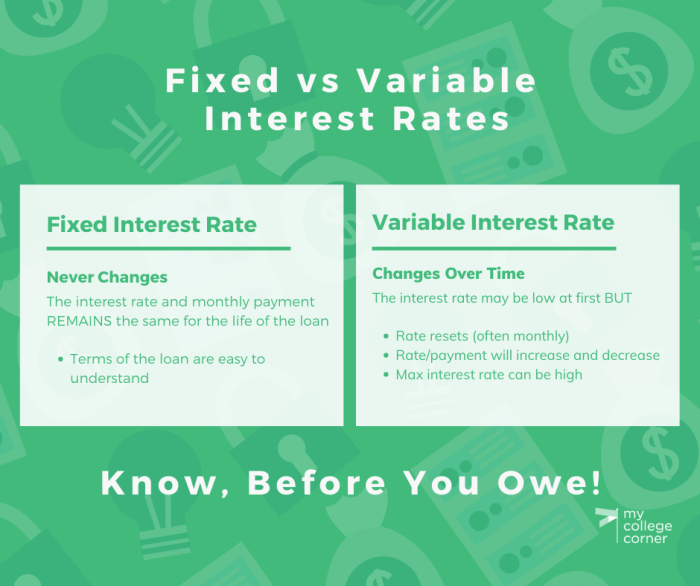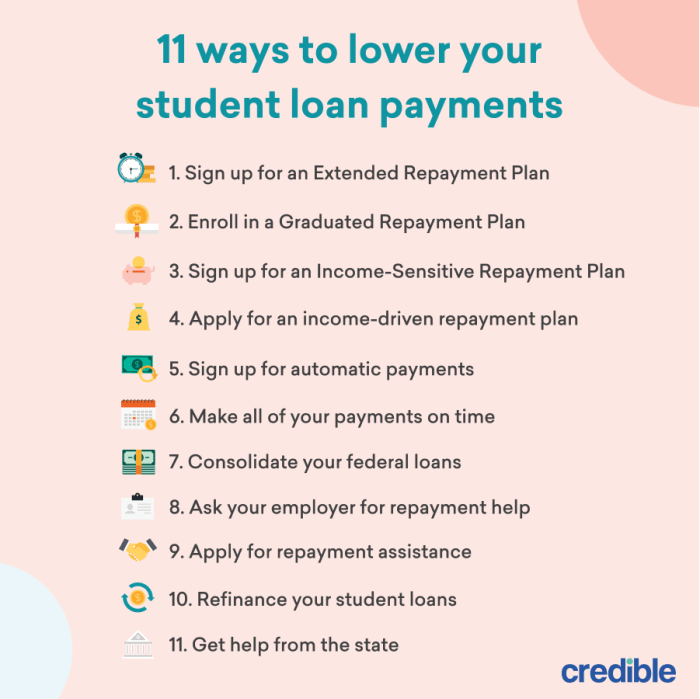
Navigating the world of business financing can be daunting, especially when it comes to choosing the right loan. Short-term commercial loans, often seen as a quick fix for immediate needs, present both opportunities and risks. This guide explores the advantages and disadvantages of these loans, helping you make an informed decision for your business.
Short-term commercial loans are designed for businesses seeking quick access to capital for short-term needs. These loans typically have shorter repayment terms, often ranging from a few months to a year. They can be a lifeline for businesses facing temporary cash flow shortages, needing to cover unexpected expenses, or pursuing a short-term growth opportunity.
Understanding Short-Term Commercial Loans

Short-term commercial loans are a type of financing that businesses can use to cover their immediate financial needs. These loans typically have a shorter repayment period compared to long-term loans, making them a suitable option for addressing temporary cash flow gaps or funding specific projects.
Loan Terms and Repayment Periods
Short-term commercial loans typically have a repayment period of less than a year, with most loans maturing within 12 months. The exact terms of a short-term commercial loan, including the interest rate, repayment schedule, and fees, will vary depending on the lender and the borrower’s creditworthiness.
- Loan Amount: Short-term commercial loans are typically smaller than long-term loans, ranging from a few thousand dollars to hundreds of thousands of dollars.
- Interest Rates: Interest rates on short-term commercial loans are generally higher than those on long-term loans, as lenders face a higher risk with shorter repayment periods.
- Repayment Schedule: Repayments are typically made in monthly installments, with some lenders offering flexible repayment options based on the borrower’s cash flow.
- Fees: Lenders may charge various fees associated with short-term commercial loans, such as origination fees, late payment fees, and prepayment penalties.
Common Uses for Short-Term Commercial Loans
Short-term commercial loans can be used for a variety of purposes, including:
- Bridging Cash Flow Gaps: Short-term loans can help businesses cover temporary cash flow shortages, such as seasonal fluctuations in sales or unexpected expenses.
- Funding Seasonal Inventory: Businesses that experience seasonal peaks in demand can use short-term loans to finance the purchase of additional inventory to meet customer needs.
- Covering Working Capital Needs: Short-term loans can provide businesses with the working capital they need to cover day-to-day operating expenses, such as payroll, rent, and utilities.
- Investing in Growth Opportunities: Short-term loans can also be used to fund strategic investments, such as expanding into new markets or launching new products or services.
Advantages of Short-Term Commercial Loans
Short-term commercial loans are a valuable financial tool for businesses of all sizes, offering several advantages that can help them navigate the complexities of running a successful operation. These loans provide a quick and flexible source of funding that can be used to address a variety of immediate needs.
Flexibility and Speed of Access
Short-term commercial loans are designed to provide businesses with a quick and easy way to access the funds they need. The application process is typically streamlined, and approval decisions can be made quickly, often within a few days or even hours. This rapid access to capital can be critical for businesses that need to seize time-sensitive opportunities or address unexpected financial challenges.
“The flexibility of short-term loans allows businesses to adapt to changing market conditions and seize new opportunities without being bogged down by lengthy approval processes.”
Addressing Immediate Business Needs
Short-term loans can be used to address a wide range of immediate business needs, such as:
- Seasonal fluctuations in demand: Businesses that experience seasonal peaks and valleys in demand can use short-term loans to bridge the gap between revenue and expenses during slow periods.
- Unexpected expenses: Unforeseen events like equipment breakdowns or supply chain disruptions can create unexpected costs. Short-term loans can provide the necessary capital to cover these expenses and keep operations running smoothly.
- Working capital: Short-term loans can be used to supplement working capital, allowing businesses to manage their day-to-day operations, pay suppliers, and meet payroll obligations.
- Inventory financing: Businesses that need to purchase large quantities of inventory can use short-term loans to finance these purchases, ensuring they have the necessary products to meet customer demand.
Cash Flow Management
Short-term loans can be a valuable tool for managing cash flow, helping businesses to:
- Smooth out cash flow fluctuations: Short-term loans can help businesses to bridge the gap between revenue and expenses, ensuring they have enough cash on hand to meet their financial obligations.
- Take advantage of early payment discounts: Short-term loans can provide the capital to take advantage of early payment discounts offered by suppliers, which can result in significant cost savings.
- Invest in growth opportunities: By improving cash flow, short-term loans can free up resources for businesses to invest in growth initiatives, such as expanding operations or launching new products or services.
Disadvantages of Short-Term Commercial Loans
Short-term commercial loans, while offering quick access to capital, also come with several drawbacks that businesses should carefully consider before taking them on. These drawbacks include high interest rates and fees, the pressure of short repayment periods, and the potential negative impact on credit scores in case of missed payments.
High Interest Rates and Fees
Short-term commercial loans are often associated with higher interest rates and fees compared to traditional long-term loans. This is because lenders assume a higher risk when lending for shorter periods. The higher interest rates and fees can significantly increase the overall cost of borrowing, impacting a business’s profitability. For example, a loan with a 10% interest rate and a 5% origination fee will result in a much higher total cost compared to a loan with a 5% interest rate and a 1% origination fee.
Short Repayment Periods
Short-term commercial loans typically have repayment periods ranging from a few months to a year. While this can provide flexibility, it also puts pressure on businesses to generate enough revenue to cover the loan payments quickly. If a business experiences a downturn or unexpected expenses, it may struggle to meet its repayment obligations, leading to financial strain and potential default.
For instance, a business might struggle to repay a 6-month loan if a sudden economic recession reduces their sales and profit margins.
Impact of Missed Payments on Credit Scores
Missing loan payments can have a severe impact on a business’s credit score. This can make it difficult to obtain financing in the future, as lenders may perceive the business as a higher risk. A lower credit score can also lead to higher interest rates on future loans, further increasing borrowing costs.
Comparing Short-Term Loans to Other Loan Types

Understanding the differences between short-term commercial loans and other loan types can help you make the best financial decision for your business. Each loan type has its own set of characteristics, including interest rates, repayment terms, and eligibility requirements, which can impact your overall borrowing experience.
Comparing Loan Types
To better understand how short-term commercial loans stack up against other loan options, let’s examine a table that Artikels the key features of each type:
| Loan Type | Interest Rates | Repayment Terms | Eligibility Requirements |
|---|---|---|---|
| Short-Term Commercial Loan | Generally higher than long-term loans, but lower than personal loans | Typically 3 months to 2 years | Strong credit score, good business history, collateral may be required |
| Personal Loan | Typically higher than business loans | 1-7 years | Good credit score, stable income, debt-to-income ratio below a certain threshold |
| Unsecured Loan | Higher interest rates than secured loans | 1-5 years | Excellent credit score, strong financial history, may require a cosigner |
| Commercial Loan (Long-Term) | Generally lower than short-term loans | 5-25 years | Strong credit score, good business history, substantial collateral required |
| Student Loan | Variable interest rates, typically lower than other loan types | 10-30 years | Enrolled in an eligible educational program, U.S. citizenship or residency status |
Factors to Consider When Deciding on a Short-Term Commercial Loan
Short-term commercial loans can be a valuable tool for businesses, but they come with risks. Before taking out a short-term loan, it’s crucial to carefully evaluate your business needs and financial situation. This involves considering several key factors to ensure you’re making an informed decision.
Business Credit Score
Your business credit score is a crucial factor in determining your eligibility for a short-term commercial loan and the interest rates you’ll be offered. A strong credit score indicates to lenders that you’re a reliable borrower, increasing your chances of approval and potentially securing lower interest rates.
- Check your business credit score: Before applying for a loan, understand your current credit score. Several credit bureaus offer business credit reports and scores.
- Improve your credit score: If your score is low, take steps to improve it before applying. This could involve paying down outstanding debts, settling any past-due accounts, and ensuring you’re making all payments on time.
Loan Amount and Repayment Terms
The loan amount and repayment terms should align with your business needs and cash flow. A loan that’s too large could put undue strain on your finances, while a repayment period that’s too short could lead to difficulty meeting your obligations.
- Determine the loan amount you need: Carefully calculate the exact amount you require to cover your expenses. Avoid borrowing more than necessary, as this can increase your overall borrowing costs.
- Consider the repayment term: Choose a repayment term that aligns with your cash flow projections. Short-term loans typically have shorter repayment terms, so ensure you can comfortably make monthly payments.
Interest Rates and Fees
Short-term commercial loans often come with higher interest rates and fees compared to traditional loans. It’s crucial to compare interest rates and fees from multiple lenders to find the most competitive offer.
- Compare interest rates: Contact multiple lenders to compare interest rates and find the lowest rate available. Be sure to factor in any associated fees, such as origination fees, late payment penalties, and prepayment penalties.
- Understand the total cost of borrowing: Don’t just focus on the interest rate. Consider the total cost of borrowing, including all fees and charges. This will give you a clearer picture of the true cost of the loan.
Purpose of the Loan
Clearly define the purpose of the loan and ensure it aligns with your business goals. This will help you determine if a short-term loan is the right financing option for your specific needs.
- Identify the specific purpose: Determine the exact reason for needing the loan. Is it for working capital, equipment purchases, inventory, or other expenses?
- Evaluate if the loan is the best solution: Consider if a short-term loan is the most suitable option for your purpose. If the loan is for a longer-term investment, a traditional loan might be a better choice.
While short-term commercial loans can be a valuable tool for addressing immediate business needs, they’re not a one-size-fits-all solution. Carefully weigh the pros and cons, considering your specific financial situation, repayment capabilities, and long-term business goals. By understanding the nuances of these loans and exploring alternative financing options, you can make the best decision for your company’s financial health and growth.
FAQ
What are the common uses for short-term commercial loans?
Short-term commercial loans are often used for working capital needs, such as covering payroll, inventory, or seasonal expenses. They can also be used for business expansion, marketing campaigns, or equipment upgrades.
How do I qualify for a short-term commercial loan?
Lenders typically assess factors like your business credit score, revenue history, debt-to-equity ratio, and industry. Strong financials and a solid business plan are essential.
What are some alternatives to short-term commercial loans?
Besides short-term loans, businesses can consider other options like lines of credit, invoice factoring, crowdfunding, or equity financing. Each option has its own advantages and disadvantages, so research is crucial.






